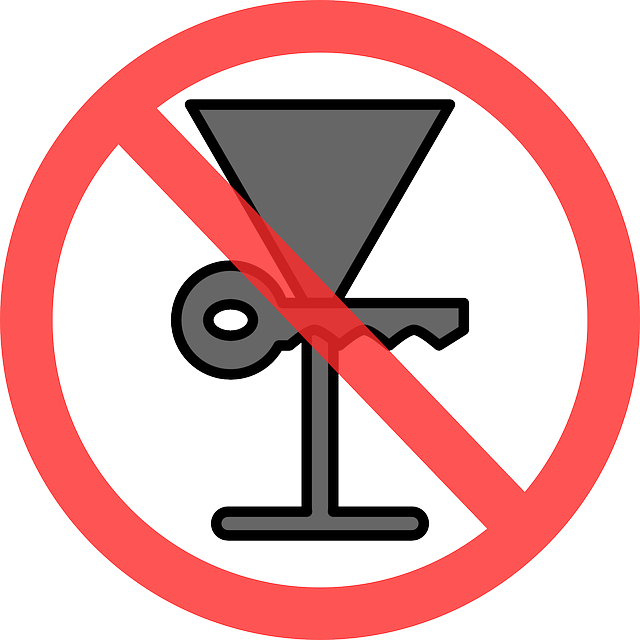Homeownership in rural areas offers financial stability and protection through equity building, acting as a shield against inflation and economic downturns. Long-term real estate investment contributes to community well-being, contrasting short-term initiatives like DUI prevention programs. Rural communities, with their strong sense of community, actively preserve and enhance property values through awareness campaigns and stricter laws, ensuring safety nets for residents and property longevity. Proactive steps, including staying informed about local regulations, engaging with the community, implementing safety measures, and attending local meetings, are crucial to protect rural home investments from potential DUI incidents that could negatively impact property value.
“Home ownership, a cornerstone of financial stability, also serves as a powerful asset protection strategy. This article explores how understanding and leveraging this aspect can safeguard your investment, especially in rural communities where property value preservation is paramount. We delve into the impact of issues like DUI prevention on property rights, offering practical steps to protect your home. Discover expert guidance tailored for homeowners, ensuring your asset remains secure.”
- Understanding Home Ownership as an Asset Protection Strategy
- The Role of Rural Communities in Preserving Property Value
- DUI Prevention and Its Impact on Property Rights
- Practical Steps to Safeguard Your Investment: A Guide for Homeowners
Understanding Home Ownership as an Asset Protection Strategy

Home ownership is often seen as a cornerstone of financial stability and an effective asset protection strategy, especially in rural communities. In these areas, where land and property values can be relatively lower than urban centers, individuals and families have the opportunity to build equity over time by investing in real estate. This act of owning a home not only provides shelter but also serves as a hedge against potential financial risks, including inflation and economic downturns.
For rural communities, where the local economy may be less diverse, home ownership can offer a sense of security. It allows residents to take advantage of lower property values while also fostering community development. By investing in their homes and neighborhoods, individuals contribute to the overall health and stability of the community, creating a safety net for both themselves and their neighbors, especially when compared to other asset protection methods like DUI prevention programs that target specific behaviors rather than long-term financial strategies.
The Role of Rural Communities in Preserving Property Value

Rural communities play a significant role in preserving property value, which is an essential aspect of home ownership. In contrast to urban areas, where property values can be influenced by market fluctuations and dense population dynamics, rural locales offer a unique advantage. The sense of community in these regions often leads to proactive efforts to maintain and enhance the desirability of residential properties.
One notable contribution of rural communities is their focus on DUI (Drunk Driving Impairment) prevention initiatives. By organizing awareness campaigns and implementing stricter local laws, these communities prioritize public safety and responsible behavior. This collective approach not only reduces accidents and ensures a safer environment but also has a positive impact on property values. A well-maintained, safe neighborhood attracts prospective buyers, ensuring that the investment in homes remains protected and potentially increasing their longevity as valuable assets.
DUI Prevention and Its Impact on Property Rights

In rural communities, where home ownership is often a cornerstone of stability and pride, the prevention of Drunk Driving (DUI) plays a pivotal role in safeguarding not just lives but also property rights. With fewer residents and more open spaces, rural areas can be particularly vulnerable to the devastating effects of DUI incidents. These incidents not only put at risk the immediate parties involved but can also have far-reaching consequences for the community’s overall safety and economic well-being.
For home owners, a DUI prevention effort can directly impact their property rights. Incidents leading to damage or legal disputes due to impaired driving can affect property values and insurance rates. By implementing robust rural community DUI prevention strategies, including increased patrols, public awareness campaigns, and stricter laws, the overall safety and integrity of these communities can be enhanced. This, in turn, ensures that home ownership remains a secure and valuable asset for all residents.
Practical Steps to Safeguard Your Investment: A Guide for Homeowners

Protecting your home investment is a key step for any homeowner, especially those living in rural communities where unique challenges may arise. In addition to maintaining regular upkeep, there are practical steps you can take to safeguard your asset and ensure its value over time. One important aspect is staying informed about local regulations and zoning laws, which can impact property values and future development prospects.
Engaging with your rural community and attending local meetings can help you stay ahead of changes that might affect your investment. Additionally, ensuring your home meets safety standards, especially in terms of fire prevention and access for emergency services, is crucial. Simple measures like installing smoke detectors, maintaining clear exit routes, and keeping valuable items secured can significantly enhance the safety and appeal of your property, not just for you but also for potential buyers in the future, reducing the risk of a DUI-related incident that could negatively impact property value.
Homeownership is a powerful tool for asset protection, especially in rural communities where property values are often closely tied to the local landscape. By understanding the strategic benefits and taking proactive measures, such as implementing DUI prevention initiatives, homeowners can safeguard their investments. Rural communities play a vital role in preserving property value through collective efforts, ensuring a secure future for their residents and the overall well-being of their unique tapestry.






